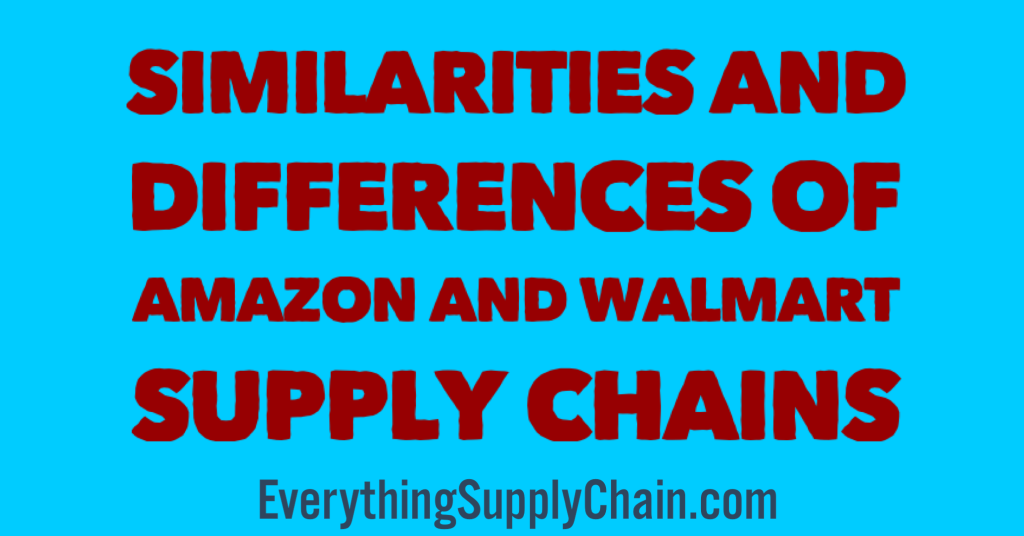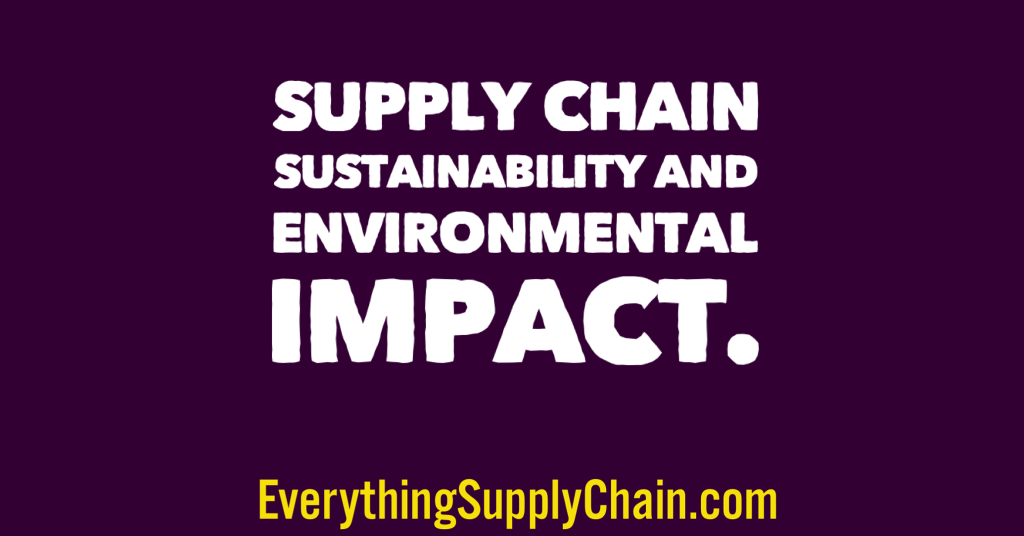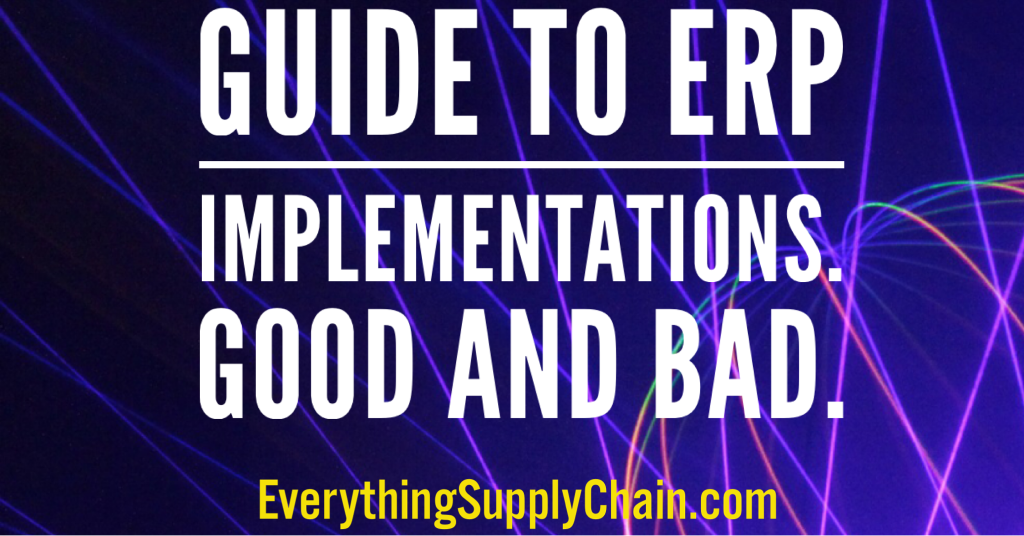Top Supply Chain Certification Programs
Unlock Supply Chain Potential with Top Certification Programs!
Supply chain certifications are becoming increasingly important for professionals in the field of supply chain management. These certifications provide a way for professionals to demonstrate their knowledge and skills in the field, as well as to stay up-to-date on the latest trends and developments. With the right certification, professionals can gain a competitive edge in the job market and increase their earning potential. In this article, we will discuss some of the top supply chain certifications programs available today. We will look at the different types of certifications, the benefits of each, and the requirements for each program. We will also provide some tips on how to choose the right certification for you.
Exploring the Benefits of Supply Chain Certifications Programs
Supply chain certifications programs are becoming increasingly popular among businesses and organizations looking to improve their operations and increase their competitive edge. These programs provide a comprehensive set of standards and guidelines that organizations must adhere to in order to ensure the efficient and effective management of their supply chain. By obtaining a certification, organizations can demonstrate their commitment to excellence and gain recognition for their efforts.
The benefits of supply chain certifications programs are numerous. First, they provide organizations with a set of best practices and standards that they must adhere to in order to ensure the efficient and effective management of their supply chain. This helps to ensure that the organization is operating in a manner that is both cost-effective and compliant with industry regulations. Additionally, these programs provide organizations with a competitive edge, as they demonstrate a commitment to excellence and a dedication to meeting the highest standards of quality.
Furthermore, supply chain certifications programs can help organizations to improve their customer service. By adhering to the standards and guidelines set forth by the program, organizations can ensure that their customers receive the highest level of service. This can help to increase customer satisfaction and loyalty, which can lead to increased sales and profits.
Finally, supply chain certifications programs can help organizations to reduce their costs. By adhering to the standards and guidelines set forth by the program, organizations can reduce their overhead costs and improve their efficiency. This can lead to increased profits and a more competitive edge in the marketplace.
In conclusion, supply chain certifications programs offer numerous benefits to organizations looking to improve their operations and increase their competitive edge. By adhering to the standards and guidelines set forth by the program, organizations can ensure that their customers receive the highest level of service, reduce their costs, and gain recognition for their commitment to excellence.
The Different Types of Supply Chain Certifications Programs
Supply chain certifications are an important part of the industry, as they provide a way for professionals to demonstrate their knowledge and skills in the field. There are a variety of certifications available, each with its own set of requirements and benefits. Here is an overview of the different types of supply chain certifications programs.
The first type of certification is the Certified Supply Chain Professional (CSCP) program. This program is offered by the Association for Supply Chain Management (ASCM) and is designed to help professionals demonstrate their knowledge and skills in the areas of supply chain management, logistics, and operations. To become certified, individuals must pass an exam and complete a series of courses.
The second type of certification is the Certified in Logistics, Transportation, and Distribution (CLTD) program. This program is offered by the American Society of Transportation and Logistics (ASTL) and is designed to help professionals demonstrate their knowledge and skills in the areas of logistics, transportation, and distribution. To become certified, individuals must pass an exam and complete a series of courses.
The third type of certification is the Certified Professional Logistician (CPL) program. This program is offered by the International Society of Logistics (ISL) and is designed to help professionals demonstrate their knowledge and skills in the areas of logistics, supply chain management, and operations. To become certified, individuals must pass an exam and complete a series of courses.
The fourth type of certification is the Certified Supply Chain Analyst (CSCA) program. This program is offered by the Institute for Supply Management (ISM) and is designed to help professionals demonstrate their knowledge and skills in the areas of supply chain analysis, operations, and logistics. To become certified, individuals must pass an exam and complete a series of courses.
Finally, the fifth type of certification is the Certified Supply Chain Manager (CSCM) program. This program is offered by the Council of Supply Chain Management Professionals (CSCMP) and is designed to help professionals demonstrate their knowledge and skills in the areas of supply chain management, operations, and logistics. To become certified, individuals must pass an exam and complete a series of courses.
These are the five main types of supply chain certifications programs. Each program has its own set of requirements and benefits, so it is important to research each one carefully before deciding which one is right for you. With the right certification, you can demonstrate your knowledge and skills in the field and open up new opportunities for career advancement.
How to Choose the Right Supply Chain Certifications Program for You
Choosing the right supply chain certifications program for you can be a daunting task. With so many options available, it can be difficult to know which program is the best fit for your needs. To help you make the right decision, here are some tips to consider when selecting a supply chain certifications program.
1. Consider Your Career Goals: Before selecting a supply chain certifications program, it is important to consider your career goals. What type of job do you want to pursue in the supply chain industry? Are you looking for a management role or a technical role? Knowing your career goals will help you narrow down the list of certifications programs that are available.
2. Research the Program: Once you have identified a few potential programs, it is important to research each one thoroughly. Read through the program’s curriculum and requirements to make sure it is a good fit for your needs. Additionally, look into the program’s accreditation and reputation to ensure it is a credible program.
3. Consider the Cost: Cost is an important factor to consider when selecting a supply chain certifications program. Make sure you understand the cost of the program and any additional fees associated with it. Additionally, research any financial aid or scholarship opportunities that may be available to help offset the cost.
4. Ask for Advice: If you are still unsure which program is the best fit for you, reach out to professionals in the supply chain industry for advice. Ask them which certifications program they recommend and why. This can help you make an informed decision.
By following these tips, you can make sure you select the right supply chain certifications program for you. With the right program, you can gain the knowledge and skills necessary to pursue a successful career in the supply chain industry.
The Cost of Supply Chain Certifications Programs
Supply chain certifications programs are becoming increasingly popular as organizations strive to stay competitive in the global marketplace. These programs provide individuals with the knowledge and skills necessary to effectively manage supply chain operations. However, the cost of these programs can be a major factor in determining whether or not to pursue them.
The cost of supply chain certifications programs can vary greatly depending on the type of program and the institution offering it. Generally, programs offered by universities and colleges tend to be more expensive than those offered by professional organizations. For example, a Master of Science in Supply Chain Management from a university may cost upwards of $30,000, while a certification program from a professional organization may cost around $2,000.
In addition to the cost of the program itself, there are other associated costs that must be taken into consideration. These include the cost of textbooks, travel expenses, and any other materials needed for the program. Additionally, some programs may require students to take additional courses or exams in order to receive their certification. These additional costs can add up quickly and should be taken into account when budgeting for a supply chain certification program.
Finally, the cost of supply chain certifications programs can also vary depending on the individual’s experience and qualifications. For example, individuals with more experience in the field may be able to receive a discount on the program’s tuition. Additionally, some organizations may offer scholarships or grants to help offset the cost of the program.
In conclusion, the cost of supply chain certifications programs can vary greatly depending on the type of program and the institution offering it. Additionally, there are other associated costs that must be taken into consideration, such as textbooks, travel expenses, and any other materials needed for the program. Finally, the cost of the program may also depend on the individual’s experience and qualifications. Therefore, it is important to carefully consider all of these factors before deciding to pursue a supply chain certification program.
The Impact of Supply Chain Certifications Programs on Your Career
Supply chain certifications programs can have a significant impact on your career. These programs provide a comprehensive understanding of the supply chain process and the tools and techniques used to manage it. They also provide a platform for professional development and recognition.
Certifications in supply chain management can help you stand out from the competition and demonstrate your commitment to the profession. They can also provide you with the knowledge and skills necessary to excel in the field. With a certification, you can demonstrate your expertise in the areas of logistics, inventory management, procurement, and other related topics.
Certifications can also help you advance your career. Many employers prefer to hire candidates with certifications in supply chain management. This is because certifications demonstrate that you have the knowledge and skills necessary to effectively manage the supply chain process. Additionally, certifications can help you gain access to higher-level positions and increase your earning potential.
Certifications can also help you stay up-to-date on the latest trends and developments in the field. Many certifications require continuing education credits, which can help you stay abreast of the latest developments in the industry. This can help you stay competitive and ensure that you are prepared for any changes that may occur in the industry.
Finally, certifications can help you build a network of professionals in the field. Many certifications require you to participate in professional organizations and attend conferences and seminars. This can help you build relationships with other professionals in the field and gain access to valuable resources and information.
Overall, supply chain certifications programs can have a significant impact on your career. They can help you stand out from the competition, gain access to higher-level positions, and stay up-to-date on the latest trends and developments in the field. Additionally, they can help you build a network of professionals in the field and gain access to valuable resources and information.
The Advantages of Earning a Supply Chain Certifications Program
Earning a supply chain certifications program can provide a number of advantages to individuals looking to advance their career in the field. Supply chain certifications are designed to provide individuals with the knowledge and skills necessary to excel in the field. By earning a certification, individuals can demonstrate their commitment to the profession and their dedication to staying up-to-date on the latest industry trends and best practices.
One of the primary advantages of earning a supply chain certifications program is the increased job opportunities it can provide. Many employers prefer to hire individuals who have earned a certification in the field, as it demonstrates a commitment to the profession and a dedication to staying up-to-date on the latest industry trends and best practices. Additionally, having a certification can help individuals stand out from the competition when applying for jobs.
Another advantage of earning a supply chain certifications program is the increased earning potential it can provide. Individuals who have earned a certification in the field are often able to command higher salaries than those without a certification. Additionally, having a certification can open up opportunities for promotions and other career advancements.
Finally, earning a supply chain certifications program can provide individuals with the knowledge and skills necessary to excel in the field. By earning a certification, individuals can gain a better understanding of the industry and the various processes involved in supply chain management. This knowledge can help individuals make better decisions and improve their performance in the workplace.
Overall, earning a supply chain certifications program can provide a number of advantages to individuals looking to advance their career in the field. By earning a certification, individuals can demonstrate their commitment to the profession and their dedication to staying up-to-date on the latest industry trends and best practices. Additionally, having a certification can help individuals stand out from the competition when applying for jobs and can open up opportunities for promotions and other career advancements. Finally, earning a certification can provide individuals with the knowledge and skills necessary to excel in the field.
Conclusion
In conclusion, supply chain certifications programs are an excellent way to gain the knowledge and skills necessary to become a successful supply chain professional. They provide a comprehensive overview of the supply chain industry, from the basics of supply chain management to the more advanced topics such as logistics and supply chain analytics. With the right certification program, you can gain the knowledge and skills necessary to become a successful supply chain professional and make a positive impact on your organization.
Supply Chain Training By Process.
End to End Supply Chain Management Process.
- Plan it: Supply Chain Planning and Strategy?
- Buy it: Supplier Management and Procurement?
- Store it: Distribution, Warehouse and Inventory Management?
- Make it: Manufacturing?
- Ship it: Transportation, Logistics and Shipping?
- Return it: Return and Reverse Logistics?
Explore SCM Processes. What is…
Similarities and Differences of Amazon and Walmart Supply Chains.
Supply Chain Sustainability and Environmental Impact.
How do these apply to supply chain: Big Data, Industry 4.0, Internet of Things (IoT)
Digital Transformation in Supply Chain











